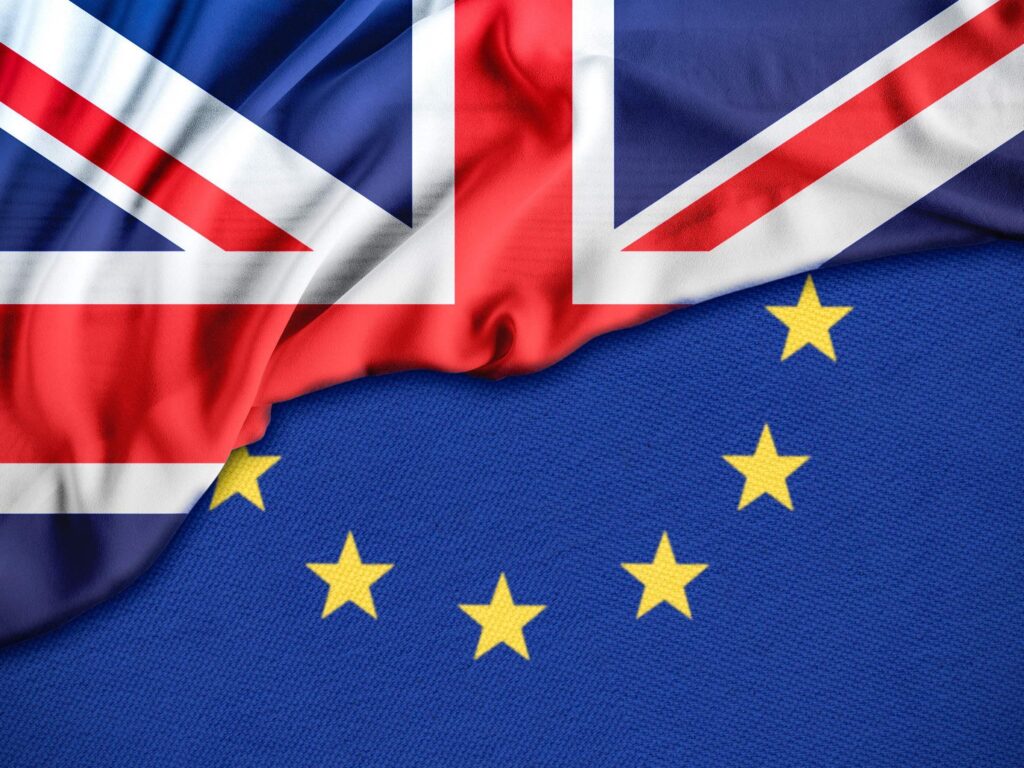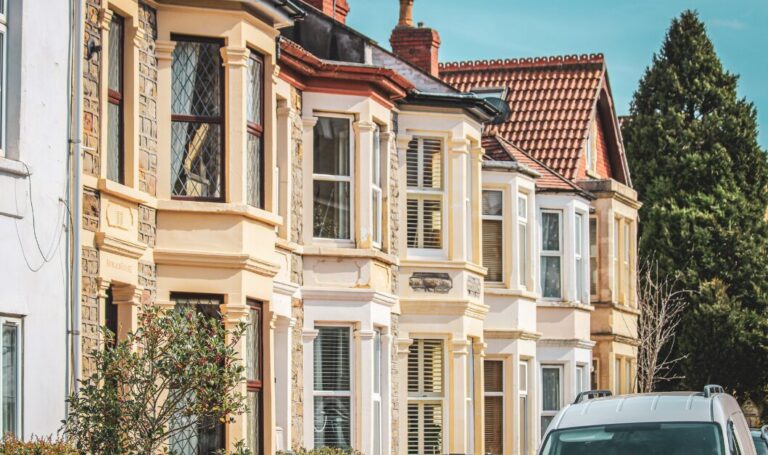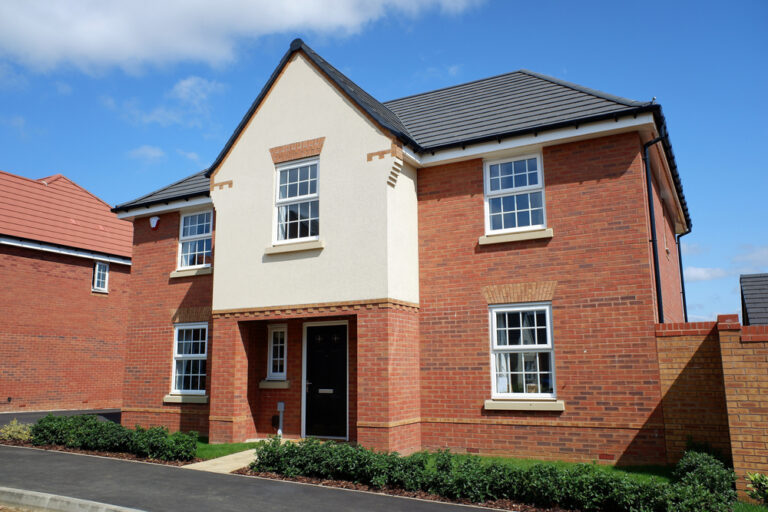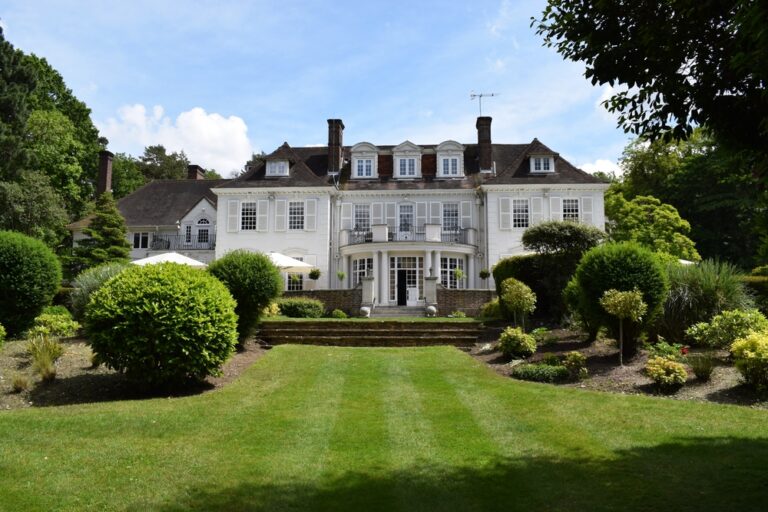With March 29, the date of the UK’s Brexit, looming ever closer, homeowners, buyers, renters and landlords have all been asking: “What will Brexit do to the UK property market?”. Since the Governor of the Bank of England speculated that house prices might fall by a third if there was a “no deal” Brexit some people have referenced the early 1990’s when house prices fell 20%, with some London boroughs experiencing much greater falls.
It’s fair to say that the London market has already felt the effects of uncertainty sparked by the result of the EU referendum in 2016.
Ellis & Co branches, trading property in the capital since 1850, know the market better than most so we caught up with some of the business owners to get their predictions views on the London property market after Brexit.
HOW BREXIT AFFECTS THE PROPERTY MARKET
The Brexit effect on property has been felt ever since the Leave vote won the day in the 2016 referendum, the market has cooled and London and the South East have felt this more than most.
“Houses prices have fallen approximately 8%-10% in our areas” says Raj Kukadia of Ellis & Co Harrow, Stanmore and Wembley Park.
“It has caused a huge influx of uncertainty with buyers and sellers and nobody really knows if prices will slide further. New stamp duty rates have also hurt the buy-to-let investors, even though the rental market is still active.”
“The appetite to purchase is diminished because of all the uncertainty that Brexit brings,” adds Deepak Mehta of Ellis & Co Greenford and Wembley Central.
“We work in an area that is highly dependent on mortgage valuations stacking up and, for want better words, buyers are working hand to mouth. By this I mean that people have budgeted very carefully about their purchase and even the thought of house prices dropping is enough for them to consider their options and put off their plans.”
Nationally, the Halifax’s most recent house price index showed a 0.7% monthly rise in October, while annual growth remained relatively stagnant at 1.5% – the slowest rate of growth for five years.
Rightmove’s House Price Index, released in November, meanwhile, revealed the price of property coming to market in London had fallen by 1.7% (£10,793) between October and November. Inner London saw a 2.5% drop.
Lambeth (-6.8%), Hackney (-4.9%) and Tower Hamlets (-3.9%) saw the largest annual falls, while the Transport for London zones showed the dip in prices spiralling out from central London:
Zone 1: -3.4% monthly, -6.9% annual
Zone 2: -1.8% monthly, -3.2% annual
Zone 3: -2.1% monthly, -1.7% annual
Zone 4: -0.2% monthly, -0.5% annual
Zone 5: -1.3% monthly, -1.3% annual
Zone 6: -1.0% monthly, +3.1% annual
“We have definitely seen fewer buyers and in more recent months the agreed sale price to asking price difference gap has grown considerably,” says Kevin Pearcey of Ellis & Co Willesden Green.
WILL HOUSE PRICES CRASH AFTER BREXIT?
The early 90s saw a 20% drop between 1989 and 1993 and the credit crunch recession of 2008-09 saw some areas fall by around 18%.
“I actually do believe that there is a correction required, especially in the London Housing market which, to be frank, is its own independent economic island within the UK,” says Deepak.
“Salaries and their multiples just do not stack up with London property prices. The Help to Buy deal the government offers is really mutton dressed as lamb and once you get into this scheme it is very hard to come out.”
“In my area where clients are not forced to sell I feel what will happen is they will hold on to their properties and simply not sell until the market improves,” insists Khalid Ghani of Ellis & Co Finchley.
“This will cause a shortage of stock which in turn, I feel, will hold prices or at worst spark a slight dip. I cannot see a major crash unless interest rates increase dramatically.
“If that happens and borrowing becomes expensive then we will see a reduction in house prices in the Finchley area.”
SHOULD I BUY A HOUSE AFTER BREXIT?
Britain’s buyers seem to be in the grip of a ‘wait and see’ approach since the referendum of 2016. If Mark Carney’s predictions of a 35% fall in prices in the wake of a ‘no deal’ Brexit come true, most first-time buyers’ eyes would light up.
However, as with anything, it’s a case of being careful what you wish for. An economy that would spark a dramatic fall such as Carney’s worst case scenario would almost certainly bring with it uncertainty in employment, and would trap young couples who want to start a family in accomodation that is too small for them but which they cannot afford to sell and take a loss on – the so called problem of “negative equity”.
So while a house price crash might seem like an open door for those priced out by the UK’s property boom since 2009, the issues that come hand-in-hand with such a scenario would mean it’s unlikely to help Generation Rent as much as they might think.
“For buyers, the reduction in property prices means there are some good deals to be had,” says Nick Dean of Ellis & Co Edmonton.
“If you check with the Land Registry in the area you want to buy you should aim to pay 10% less than 2015 prices.
“For sellers, if you are buying a new home then any loss in your sale price should be reflected in your purchase price. For those selling and not buying, I would wait until spring next year and make a decision.”
“This is an opportunity to buy a property at the best price you are likely to be able to get one for,” says Kevin.
Deepak, however, urges a more cautious approach.
“My general advice to people is to hold off on the sale/purchase for 12 months, just to see what the impact Brexit actually has,” he adds.
“That’s unless, of course, you are getting the deal of the century! But in all seriousness, buy yourself time, rent your property for 12 months and then evaluate.”
OUR EXPERTS’ POST-BREXIT HOUSING MARKET FORECASTS
“We think we will be in for a rough ride initially for a few years but with the right Prime Minister, the country should be economically stronger for today’s teenagers,” says Raj.
“Once there is a clear direction on Brexit, whatever that is, property sales will increase, they will regain their value from dips over the past two years by the end of next year and, with the help of the number of pent-up buyers, should increase in price by a further 5% in 2020,” says Nick.
“Personally, I feel until the end of March the market will be very slow as the public will want to wait to see what happens but things should improve thereafter,” adds Khalid.
“People will realise that Brexit has passed and whatever the market is they will have to continue to live somewhere so they will either buy or let.
“The ones holding off on a purchase will have no more excuses and will jump on the ladder.”
“Prices need to come down in London, without a doubt,” says Deepak. “A mini crash would be a good thing in my opinion and help to stabilise the market as whole going forward.”
“A Brexit deal is likely to improve the housing market,” adds Kevin. “But even in the event of a ‘no deal’ scenario, I can’t imagine any vendors essentially selling so cheaply that they are giving their properties away.”







